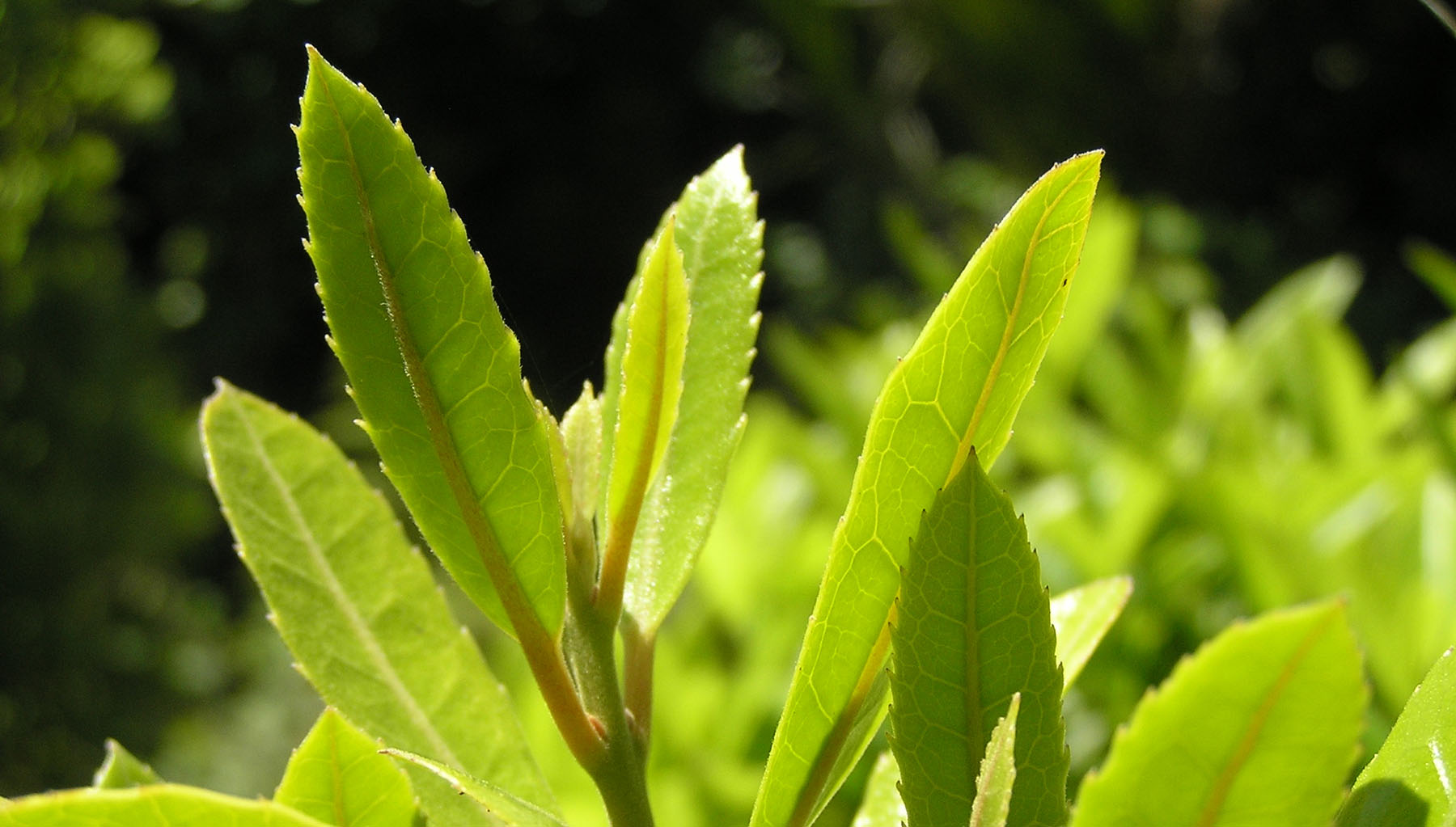The cost of carbon neutrality can sometimes pose a barrier to sustainability leadership in the transition to a low carbon economy. Only a few businesses are willing or able to absorb high carbon management costs. This can happen when high fees are charged for consulting services, membership and certification charges. This can mean that only a minority of the bill is actually being spent on looking after the place – carbon offsets and reducing in-house emissions. This is especially relevant for small and medium sized businesses whose annual carbon footprints are not particularly large. This can result in only a small number of larger sized carbon emitters playing the carbon game, with the vast majority of SME businesses on the sidelines. But if we are serious about a low carbon economy, we need carbon neutrality to be economically accessible to every business – even SME’s. Then it can become the new normal.
Ekos is a boutique carbon trading social enterprise that provides certified carbon offsets from rainforest protection for the New Zealand carbon market. We are tackling this issue head on by providing a middle path with high scientific rigour but supplied at low cost. We do not charge membership or certification fees, and set up systems to enable the customer to do most of their carbon measurement. Most forms of carbon footprint measurement for SMEs are remarkably simple and do not take a lot of extra time. Some take a bit of effort the first time round, but from then on they are straight forward. Because we produce our own carbon offsets, we can make a significant portion of our money in the offset unit price, taking pressure off consulting charges and transaction fees. This creates an opportunity for small and medium sized businesses to participate, and reduces unnecessary transaction costs for larger businesses.
We also wanted our CO2 offsets to have a strong “feel good” factor and deliver more than just carbon offsetting benefits. Accordingly, we developed our own certified carbon offset projects focusing on protecting tall indigenous rainforest in New Zealand (temperate zone) and the Pacific Islands (tropical zone). Each of our projects is the first of their kind in their respective countries (NZ, Fiji, Vanuatu and the Solomon Islands). These projects operate in the international voluntary carbon market sector and associated carbon standards. We built all of our projects to the Verified Carbon Standard and methodological guidance but because of prohibitively high transaction costs under the VCS we certified our New Zealand project by over-complying with the ISO14064-2 standard, and certified our Pacific Island projects by over-complying with the Plan Vivo standard (the world’s leading community-based forest carbon standard). It was necessary to certify our projects in the international voluntary carbon market because tall indigenous forest lies outside the compliance carbon accounting boundary of the New Zealand Emissions Trading Scheme and the Kyoto Protocol respectively. Fortunately, the international voluntary carbon market operates exactly where the compliance market doesn’t. This is how rainforest protection can play the carbon game and is a key point of difference for the Ekos carbon offset supply chain: we are the only suppliers of rainforest carbon from NZ and the Pacific Islands (excluding PNG) because we have the only projects in these countries that create them.

Our projects involve the protection of existing rainforest, rather than the establishment of new ones. Using an art metaphor – we focus on protecting masterpieces under threat, rather than supporting new, up-and-coming painters. Anyone with experience in rainforest protection on private and tribal land will know that the race against logging (and the revenue it delivers) is a real race. We offer indigenous landowners the opportunity to create and sell carbon credit assets in lieu of timber assets, and price our carbon offsets to match foregone timber revenues.
We also develop our forest projects using fair trade principles, designed to maximise the benefit to the indigenous landowners. As such, when our customers go carbon neutral they are helping the climate system, helping biodiversity protection and helping rural community economic development.
The community development story is important to us, not only because we are a social enterprise, but also because 30 years of experience in forest conservation financing has taught us that effective and enduring community development is the only way to deliver durable rainforest conservation on private or communally owned land. To this end we help our landowners develop and enhance community business governance, management and financial discipline infrastructure sufficient to operate the carbon project. Our landowner partners can also use this upgrade in community business capability to operate spin-off businesses like honey production or agroforestry as is happening in our Fiji and Vanuatu projects. Such community business development is designed to create a counter business case to address the social and economic drivers of logging and enable landowners to prosper without having to cut down trees for a living. .
Drilling a little deeper into the New Zealand forestry situation, some might assert (rightly so) that deforesting tall indigenous forest is not legal in New Zealand (which is true) and then ask: how can an indigenous rainforest carbon project legitimately operate here in this country? Good question. We have answered this question with the way we developed our project on Maori land at Rarakau in western Southland. It is indeed illegal to deforest tall native forest in NZ. But it is legal to selectively log native forests under Ministry for Primary Industry rules.
The landowners of our Southland project (the Rowallan Alton (Maori) Incorporation) were logging parts of this forest in the past under MPI rules. We approached them proposing that they give up the legal right to commercial indigenous timber harvesting in exchange for the opportunity to sell certified CO2 offsets, provided they place their indigenous forest into a conservation covenant. They thought this was a great idea because they had already wanted to generate revenue from carbon trading instead of timber, but had been told by the Crown that they couldn’t. This is because their indigenous forest is older than 1990 and therefore ineligible to participate in the NZ Emissions Trading Scheme. Ekos came along and got Cinderella into the “Carbon Trading Ball” by developing a new internationally certified indigenous forest carbon programme (called the Rarakau Programme), and developing the first project (the Rarakau Rainforest Carbon Project) to prove the concept. These are the carbon offsets we sell to most of our New Zealand customers. The CO2 emissions that logging would have produced have been stopped, and instead the forest is sequestering carbon each year.

OLYMPUS DIGITAL CAMERA
Ekos customers range from individuals buying “carbon miles” for their driving, or offsetting their flights, to small, medium and large companies going carbon neutral. Some customers elect to offset more than their emissions footprint and go ‘Ekos Climate Positive.’ Some businesses just send us their flight itineraries monthly, we then calculate the aviation CO2 footprint, and send them a monthly bill to be an Ekos Conscious Flyer business. We also sell wholesale into the Sweden market through a partner company in Stockholm.
One small start up business (Kai Carrier Ltd) went carbon neutral for their business operations with us for the vast sum of NZD$63.11 for the 2016 financial year. This was after the same business had received quotes for thousands of dollars from other carbon service providers.
Why so inexpensive? Because for small and medium sized businesses we do not charge to help them measure their footprint but instead give them the tools to do it themselves. For Kai Carrier NZD$63.11 was exactly what it cost to buy the 3.1038 tCO2e offsets to match the small CO2 emissions footprint for the business operations of this single person business. A small consulting firm went carbon neutral with us for NZD$483 annually. Another business with about 10 staff went carbon neutral with us for NZD$1,117 per year.
The issue is a low carbon economy and how we get there. The private sector can play a strong leadership role but only when the price is not prohibitive. We built Ekos to make this kind of sustainability leadership much easier, and enjoy partnering with inspiring business owners who are leading the way as role models for a sustainable future.



Leave a comment